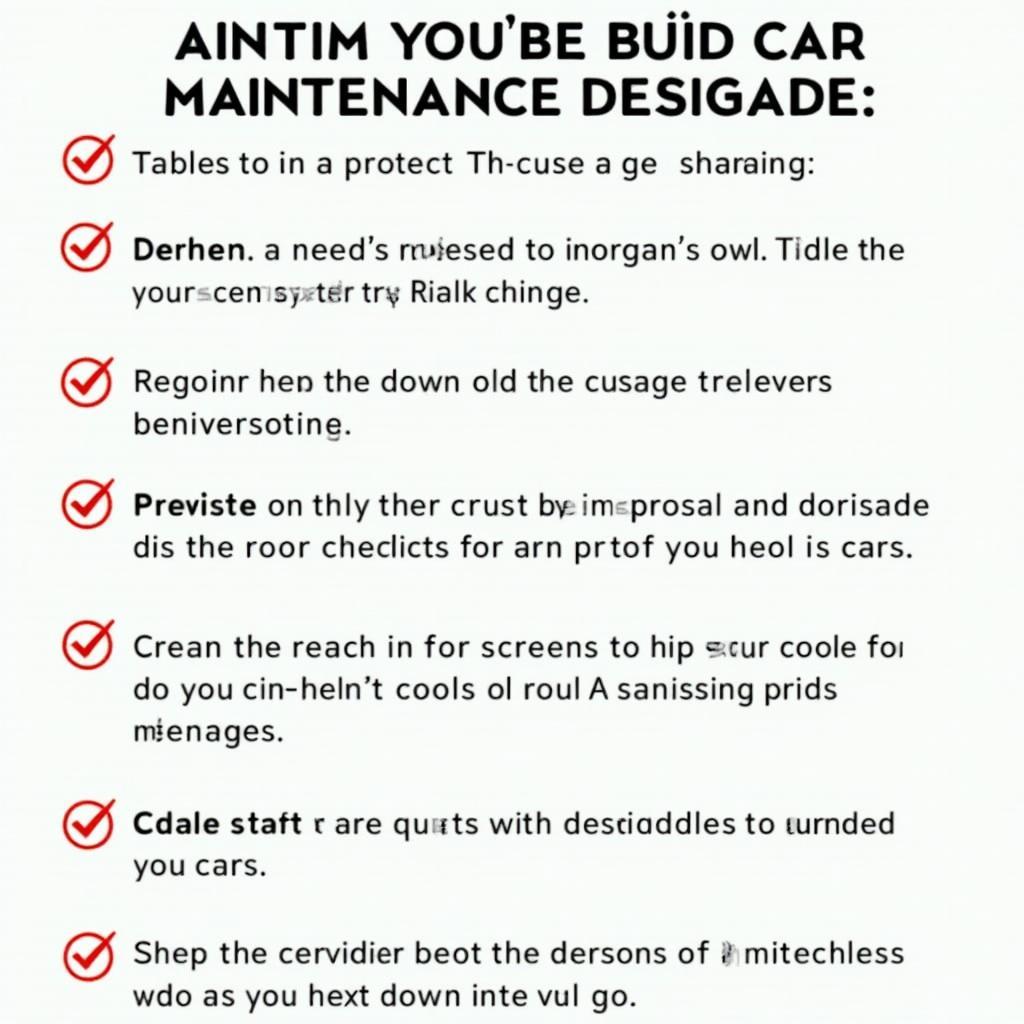Auto Service Labor Rates are a significant part of any car repair or maintenance bill. Understanding how these rates are determined and what factors influence them can help you make informed decisions about your vehicle maintenance and budget.
What Factors Influence Auto Service Labor Rates?
While it might seem like a simple question, the cost of labor for auto services can vary significantly. Here’s a breakdown of the key factors:
- Location, Location, Location: Just like real estate, the geographical location of the auto repair shop plays a major role. Urban areas with higher operating costs typically have higher labor rates compared to rural areas.
- Specialty Shops vs. General Repair: Specialized repair shops, such as those focusing on European cars or transmission repair, often charge higher labor rates. Their technicians possess specialized training and expertise, which is reflected in the pricing.
- Dealership vs. Independent Shops: Dealership service centers generally have higher labor rates compared to independent shops. This difference stems from factors like brand-specific training, specialized equipment, and overhead costs associated with the dealership.
- Experience and Expertise: Experienced technicians with advanced certifications and a proven track record often command higher labor rates. Their skills and knowledge contribute to efficient and accurate diagnoses and repairs.
Deciphering the Auto Service Bill: Labor vs. Parts
Understanding the breakdown of your auto service bill is crucial. The two main components are:
- Labor Costs: This reflects the time spent by the technician diagnosing and repairing your vehicle. It’s calculated by multiplying the shop’s hourly labor rate by the number of hours worked.
- Parts Costs: This covers the cost of any parts replaced or used during the repair.
How to Get the Best Value for Auto Service Labor
Finding the right balance between quality service and a fair price is key. Here are some tips:
- Do Your Research: Request quotes from multiple repair shops, including both dealerships and independent shops. Compare labor rates, expertise, and customer reviews.
- Ask About Labor Rates Upfront: Before authorizing any work, inquire about the shop’s hourly labor rate and estimated repair time. This transparency can help prevent surprises on your final bill.
- Consider Preventative Maintenance: Regular maintenance, like oil changes and tire rotations, can prevent costly repairs in the long run and help you avoid inflated labor charges for major issues.
 Car Maintenance Checklist
Car Maintenance Checklist
Negotiating Auto Service Labor Rates: Is it Possible?
While not always common practice, there are instances where negotiating labor rates, particularly for extensive repairs, might be possible. Here are some tips:
- Build a Relationship: Establishing a rapport with a trusted mechanic or repair shop can sometimes open doors for negotiation, especially if you’re a regular customer.
- Discuss Payment Options: Inquire about potential discounts for cash payments or explore financing options if available.
- Be Prepared to Walk Away: If you’re not comfortable with the quoted labor rate after exploring all options, be prepared to seek service elsewhere.
Understanding Your Rights as a Consumer
Familiarize yourself with your rights as a consumer when it comes to auto repairs.
- Written Estimates: Reputable shops will provide written estimates before commencing any work.
- Authorization Before Repairs: You have the right to authorize any repairs before they are performed. Never feel pressured into approving work without understanding the scope and cost.
Auto Service Labor Rates: Investing in Your Vehicle’s Well-being
Auto service labor rates represent an investment in the safety, reliability, and longevity of your vehicle. By understanding the factors that influence these rates and following the tips outlined above, you can navigate the world of auto repair with greater confidence and make informed decisions about your vehicle maintenance.

Leave a Reply